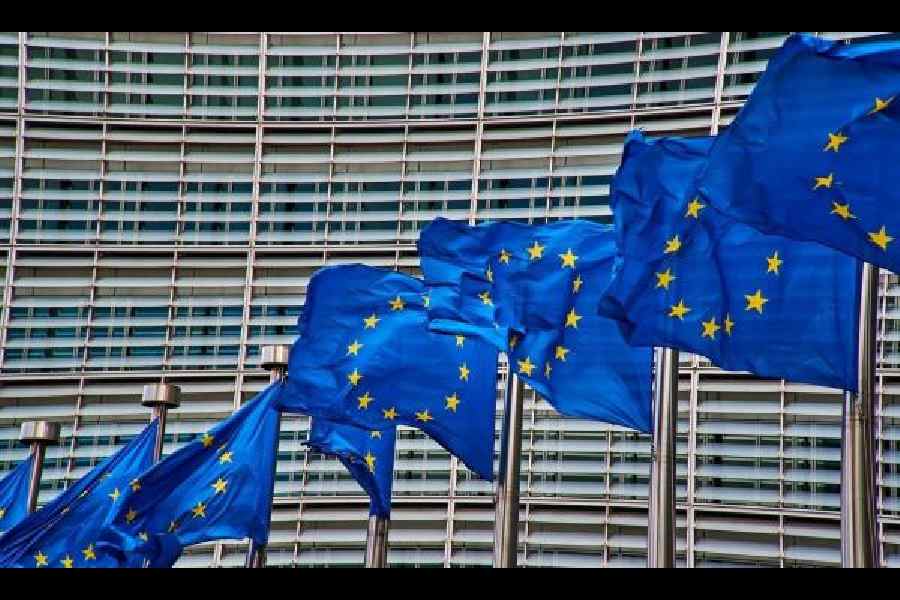Not the US or Asia but it’s the European Union, which is trying to keep Big Tech companies under control. The appearance of Digital Markets Act has put curbs on so-called gatekeeper platforms, which are defined by factors like a market value of more than Euro 75 billion, meaning it covers Alphabet, the owner of Google and YouTube; Amazon; Apple; Microsoft; and Meta. According to DMA, the real power should lie with the user when it comes to the kind of data they want to share or the seamless manner in which one can move from one platform to another. Here are a few areas in which DMA has had a direct (or indirect) influence.
No Threads in EU (yet)
One of the biggest app launches of the year (and ever) has been Threads from Instagram, which sort of capitalised on the chaos that has unfolded at X (formerly Twitter). Meta was able to jumpstart the app by building Threads on Instagram’s tech foundations, allowing users to sign up through Instagram, and transfer their personal data over from the bigger app. But the app remains unavailable in the EU apparently because of “regulatory uncertainty”, which may refer to the EU’s DMA.
Windows minus Bing
Many want Windows to be free of Bing, Edge and other built-in apps. The wish has come true for some residents of the European Union. Microsoft will soon let Windows 11 users in the European Economic Area (EEA) disable Bing, remove Microsoft Edge, and add custom web search providers into its Windows Search interface. All the effort is being made to comply with the European Commission’s DMA.
USB-C on iPhones
Last year, the European Union announced a mandate making it compulsory all smartphone makers to adopt USB-C as a common charging connector by 2024. It will allow consumers to buy fewer power cables, which, in turn, will cut down on environmental waste.
RCS on iOS
A few days ago, Apple said it will adopt Rich Communication Services (RCS) messaging standard and the feature will launch via a software update “later next year” and bring a wide range of iMessage-style features to messaging between iPhone and Android users. What could have changed the company’s stance? Perhaps the European Union.
Sideloading in Europe?
DMA requires gatekeepers to allow for sideloading, or allowing users put apps on their phones from outside of those App Stores. At the moment, iPhone users can only download and run apps downloaded from the official store, which the company says offers protection but EU thinks it’s about offering a choice to users. Whether Apple would allow sideloading or not remains to be seen.











